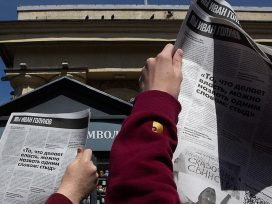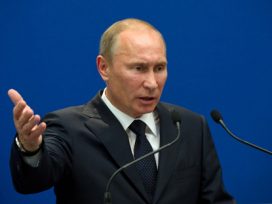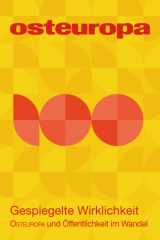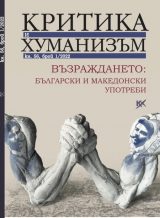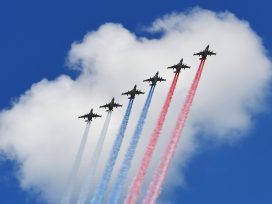
Russia’s popular vote approving the ‘zeroing’ of Putin’s terms has been hailed by the regime as a triumphant demonstration of trust. Putin’s uncontested status as supreme authority has indeed been reinforced. But will the legitimacy bought by the vote be enough to stem growing uncertainty among elites and declining support among urban constituencies?
